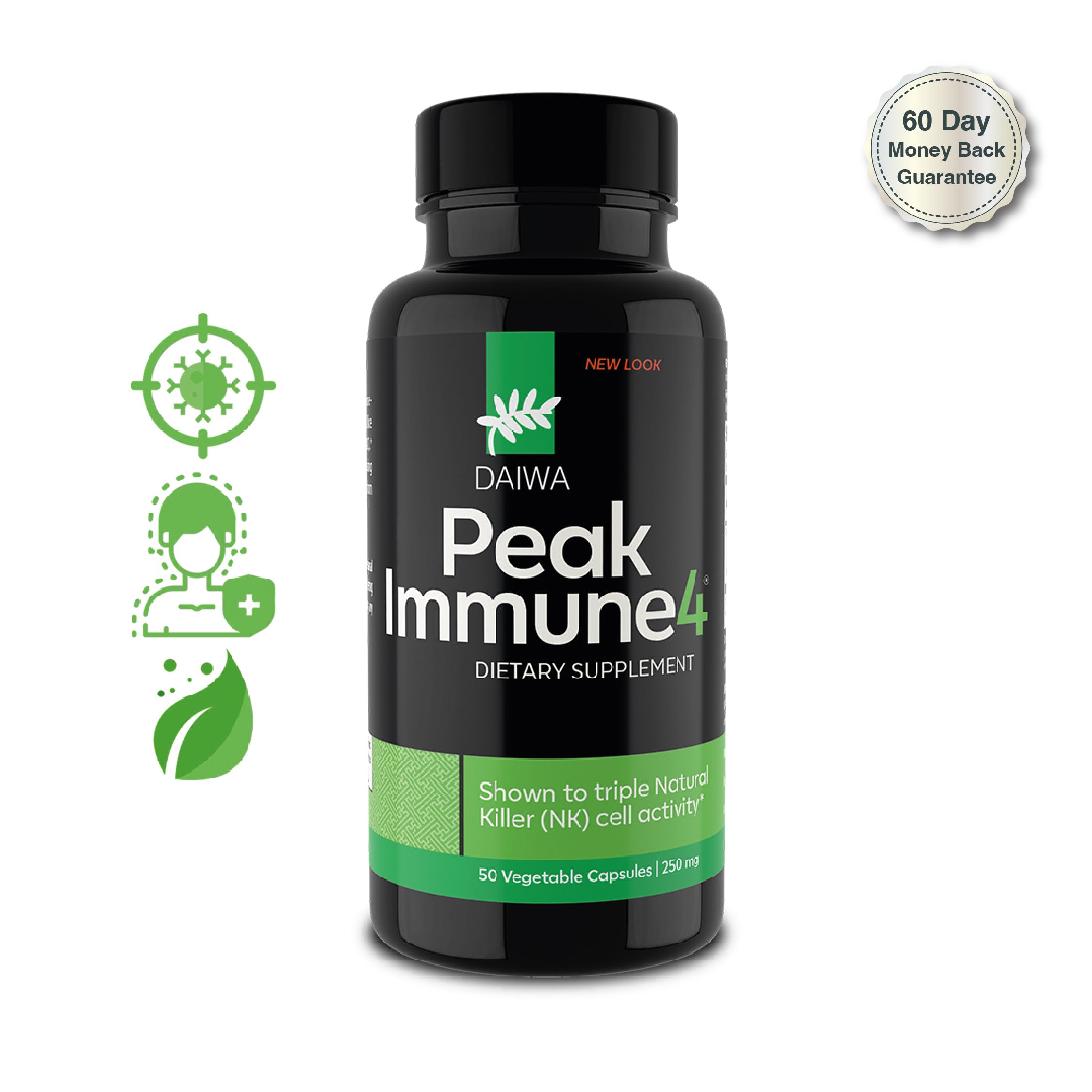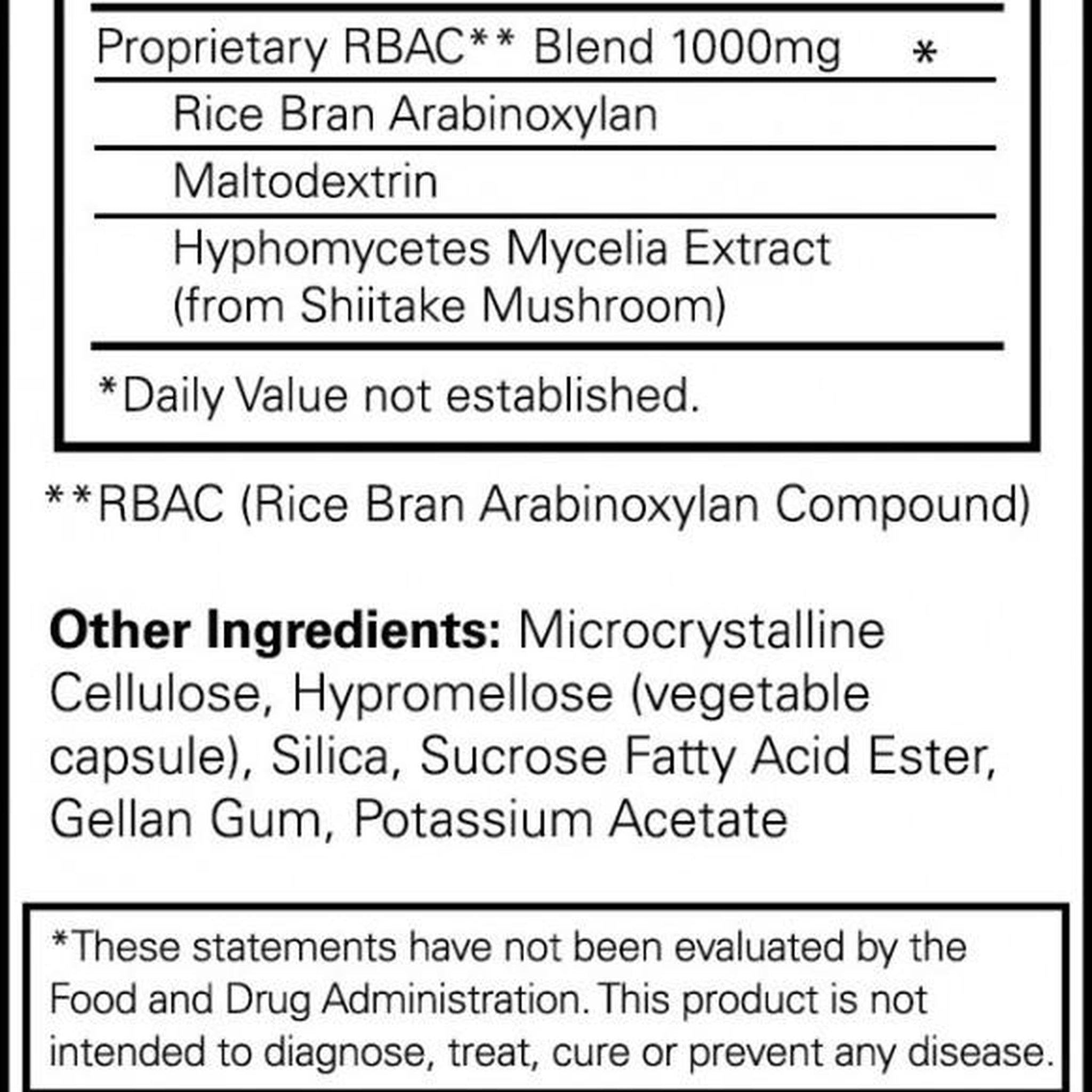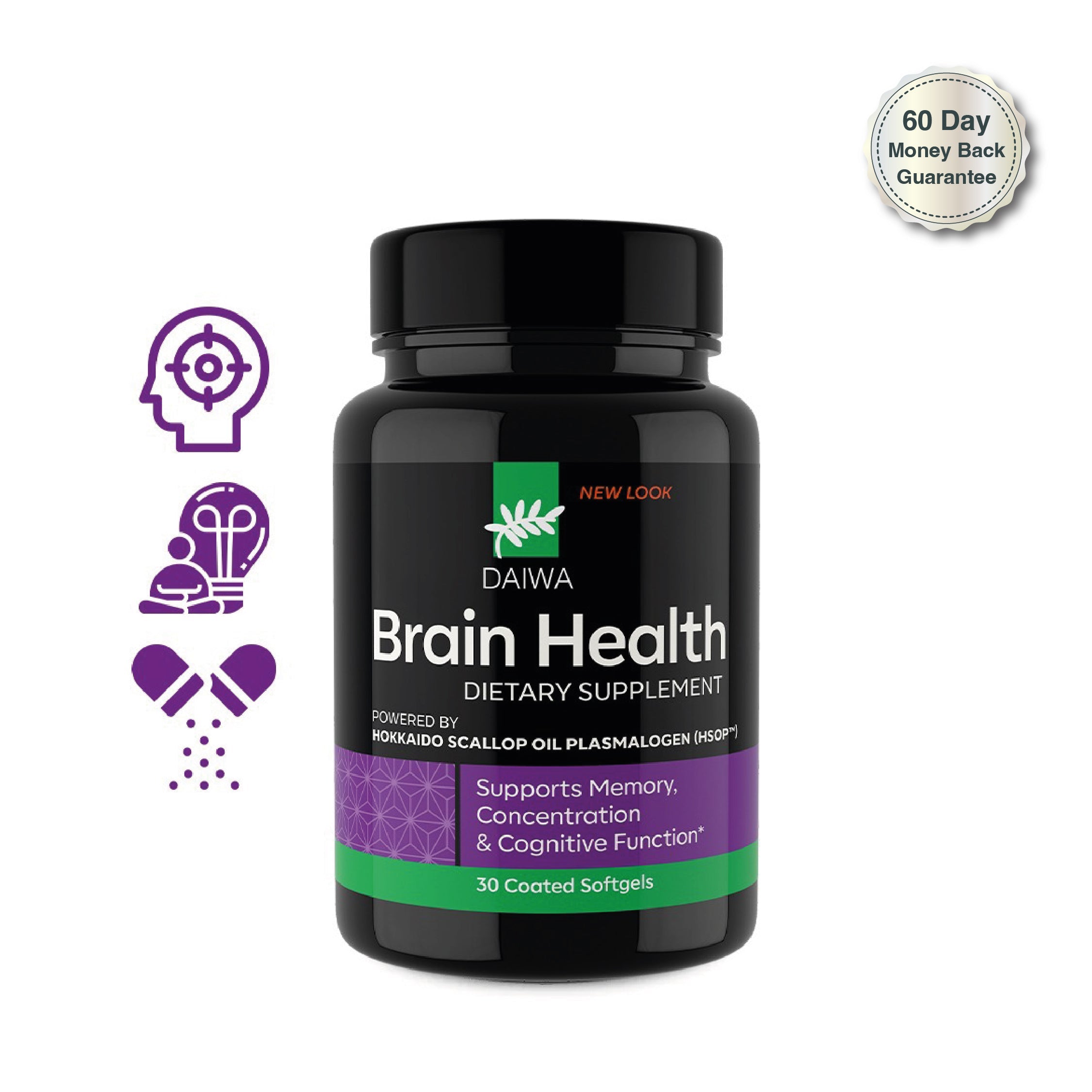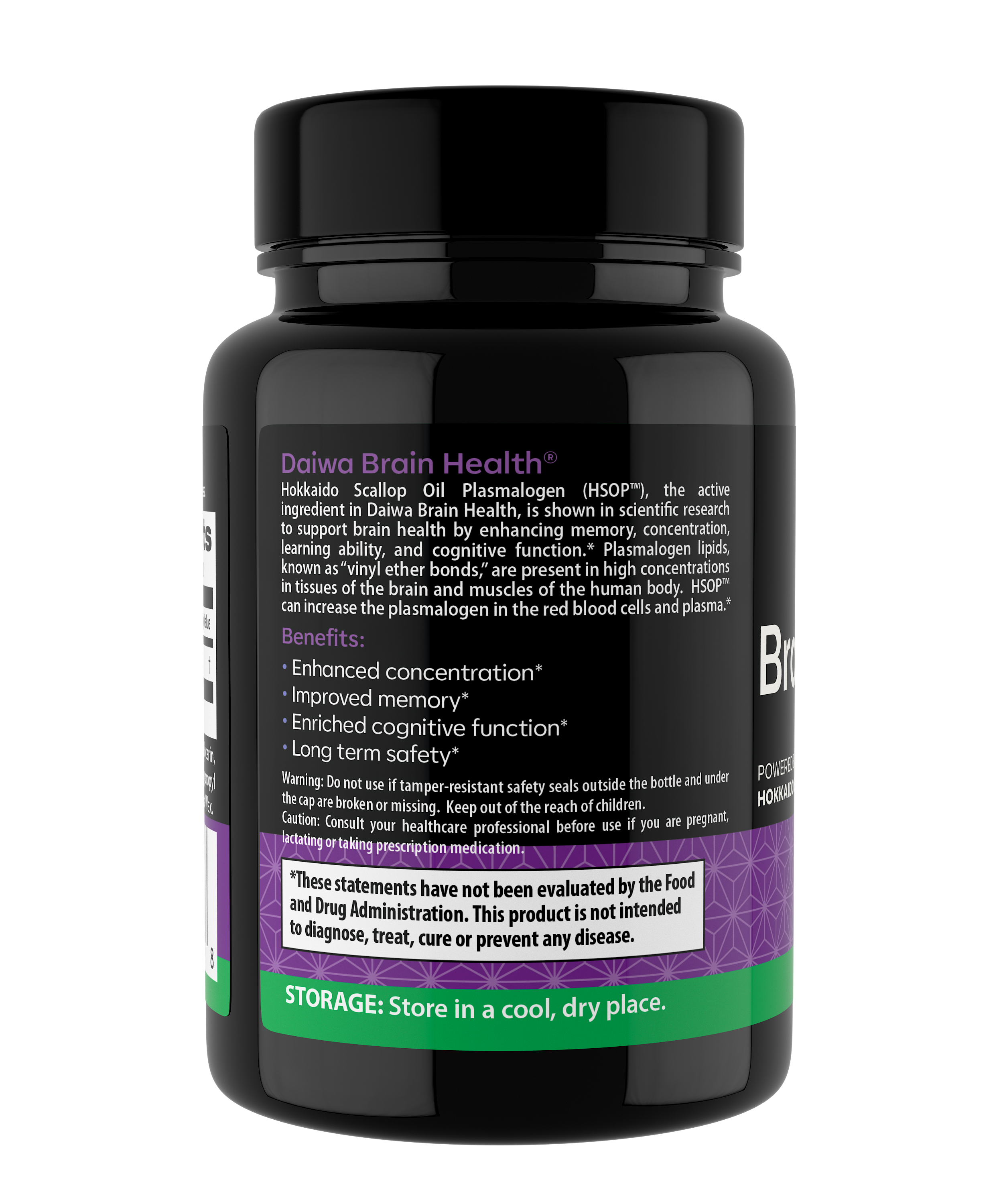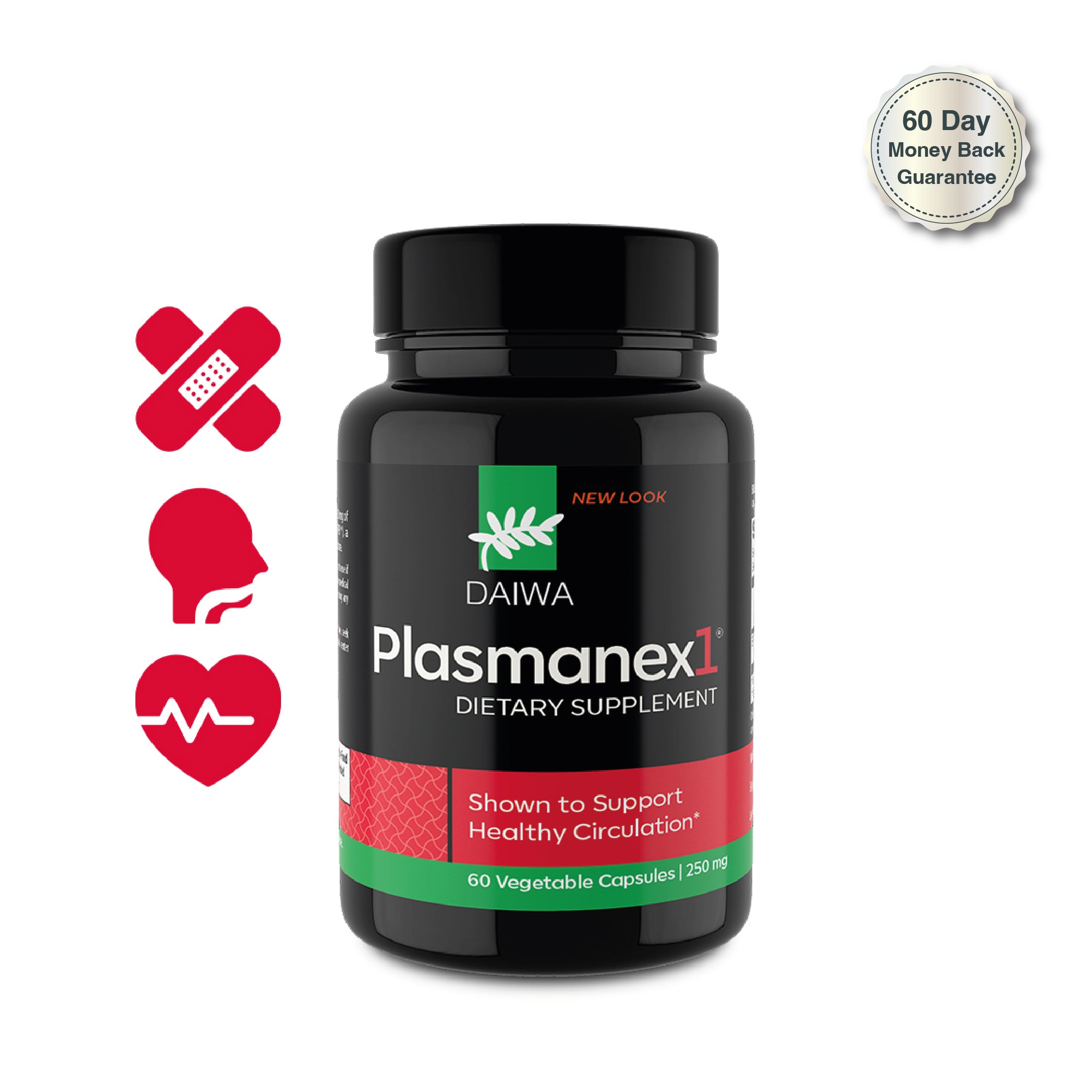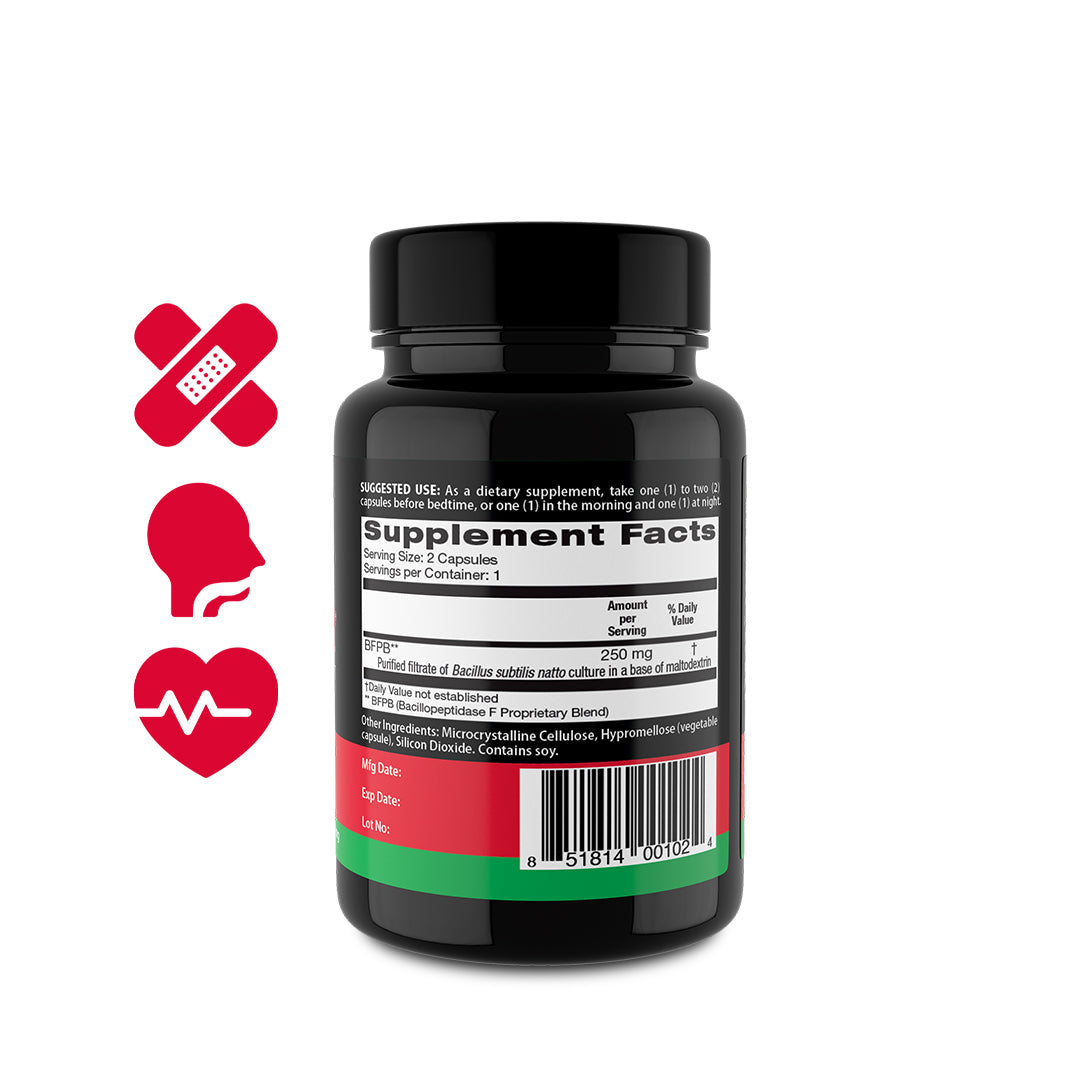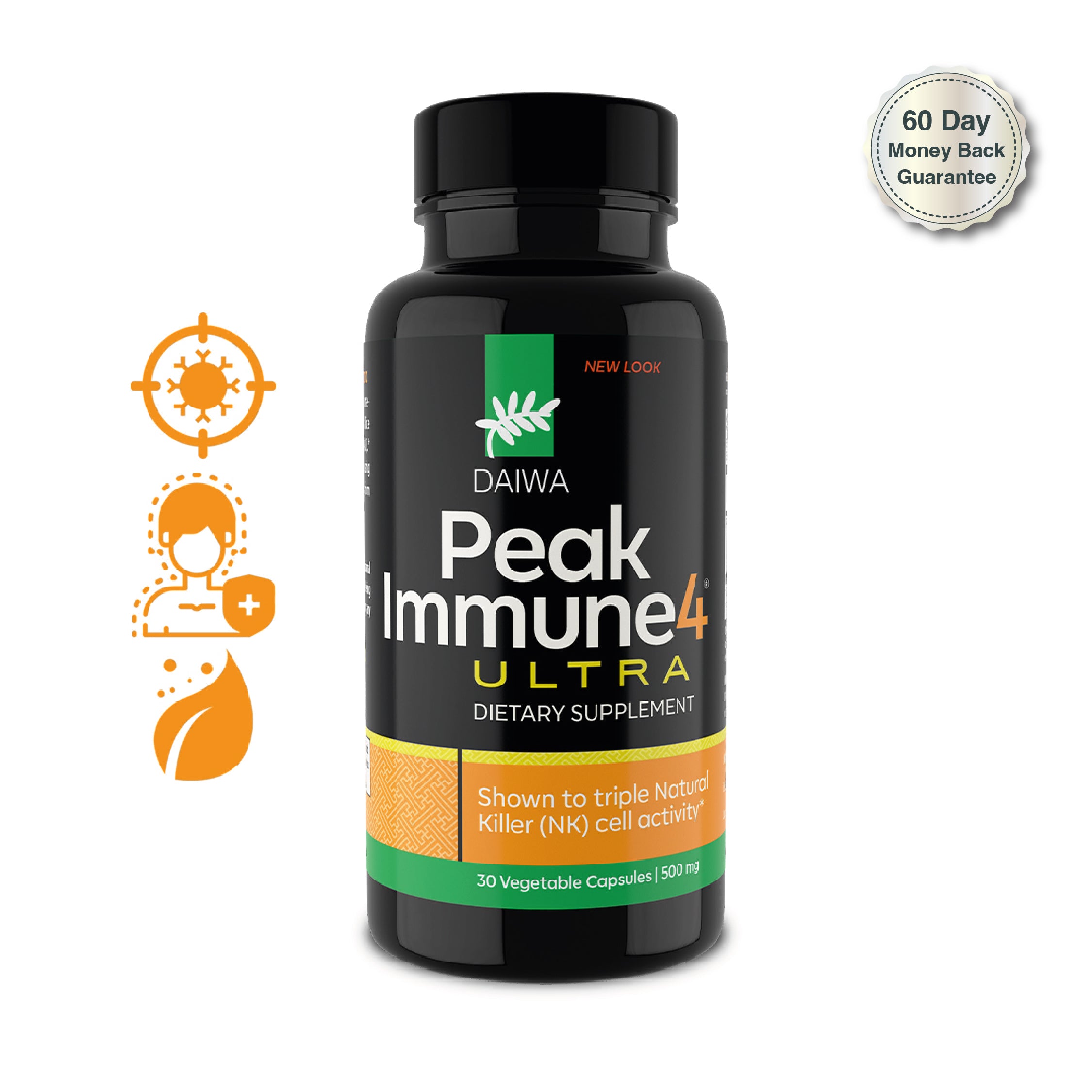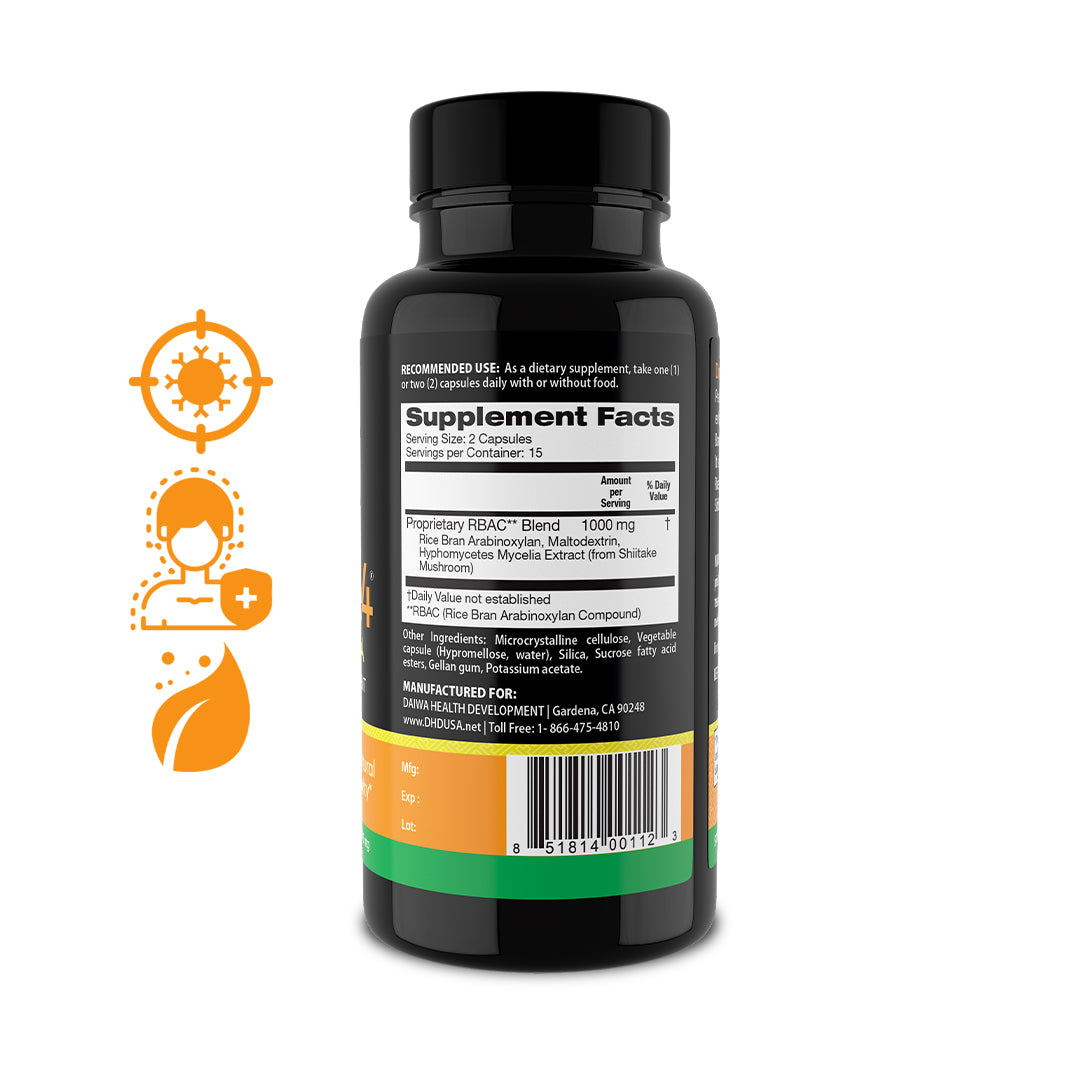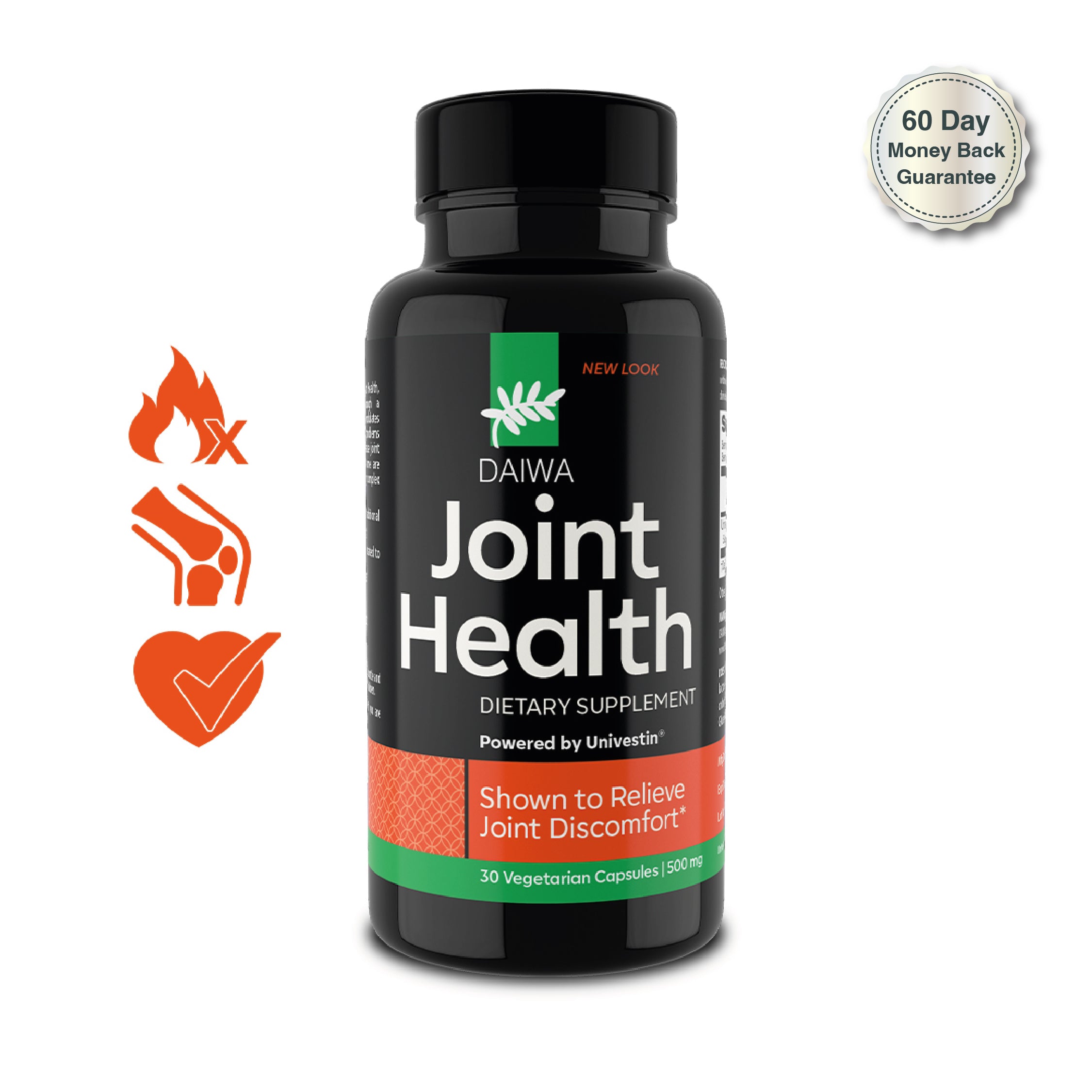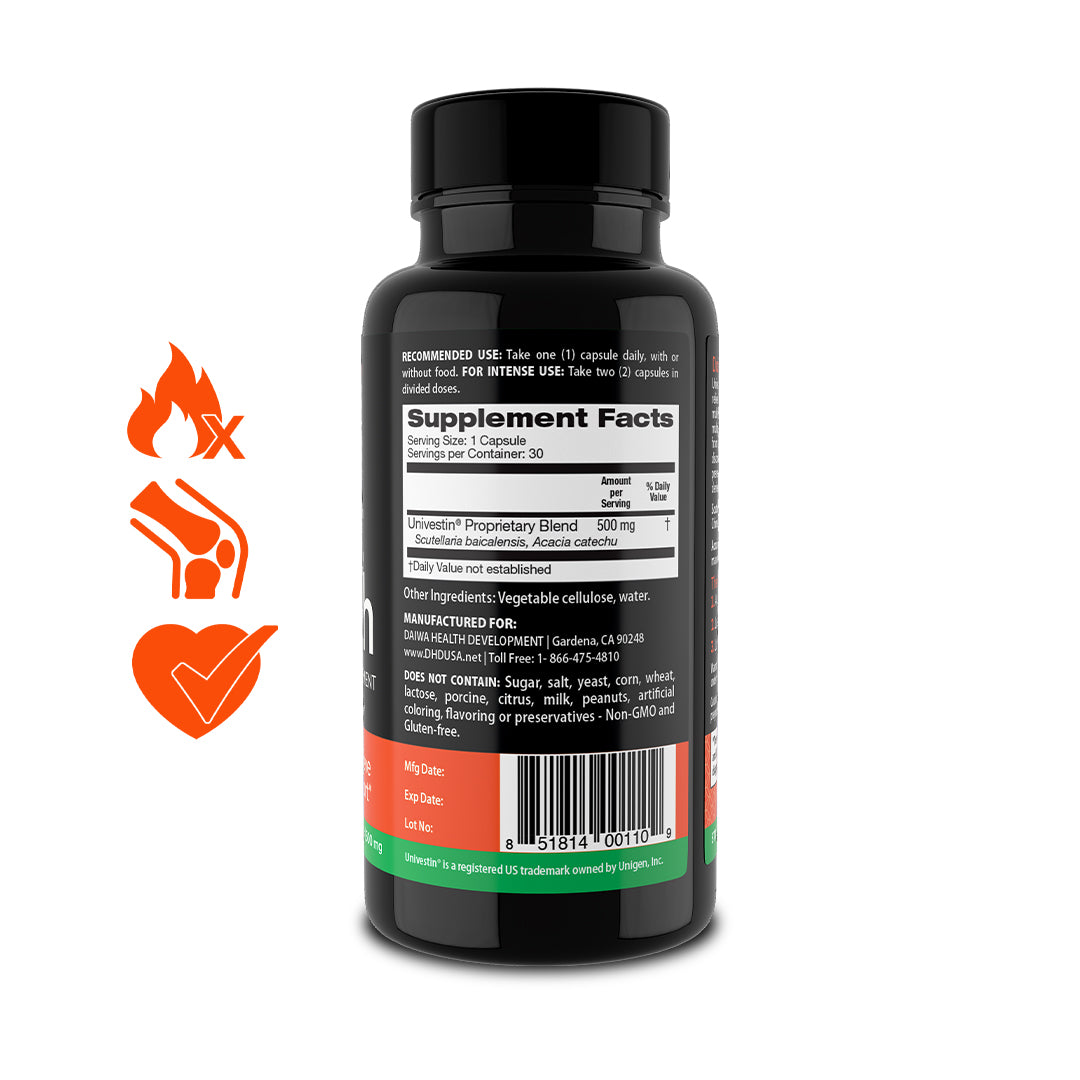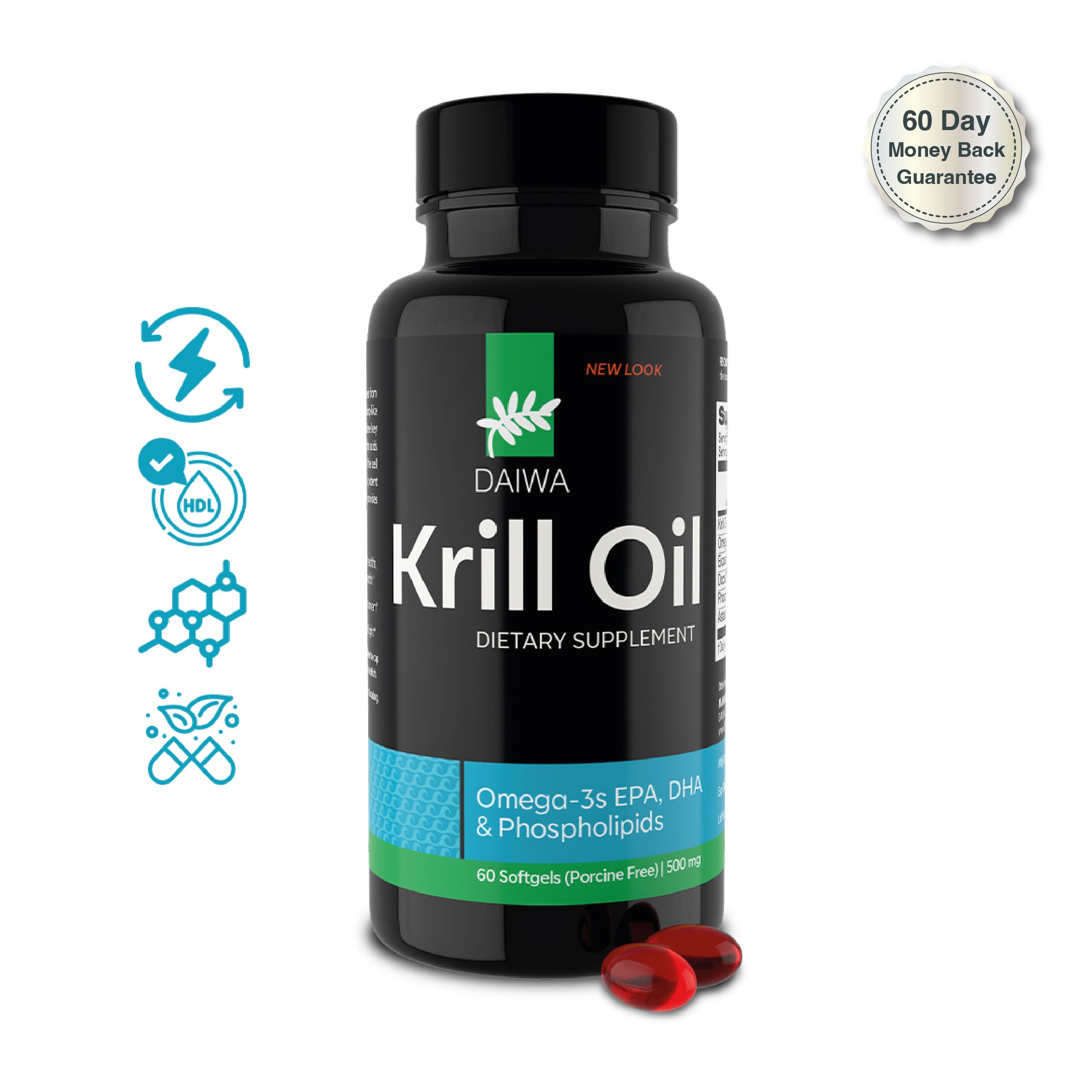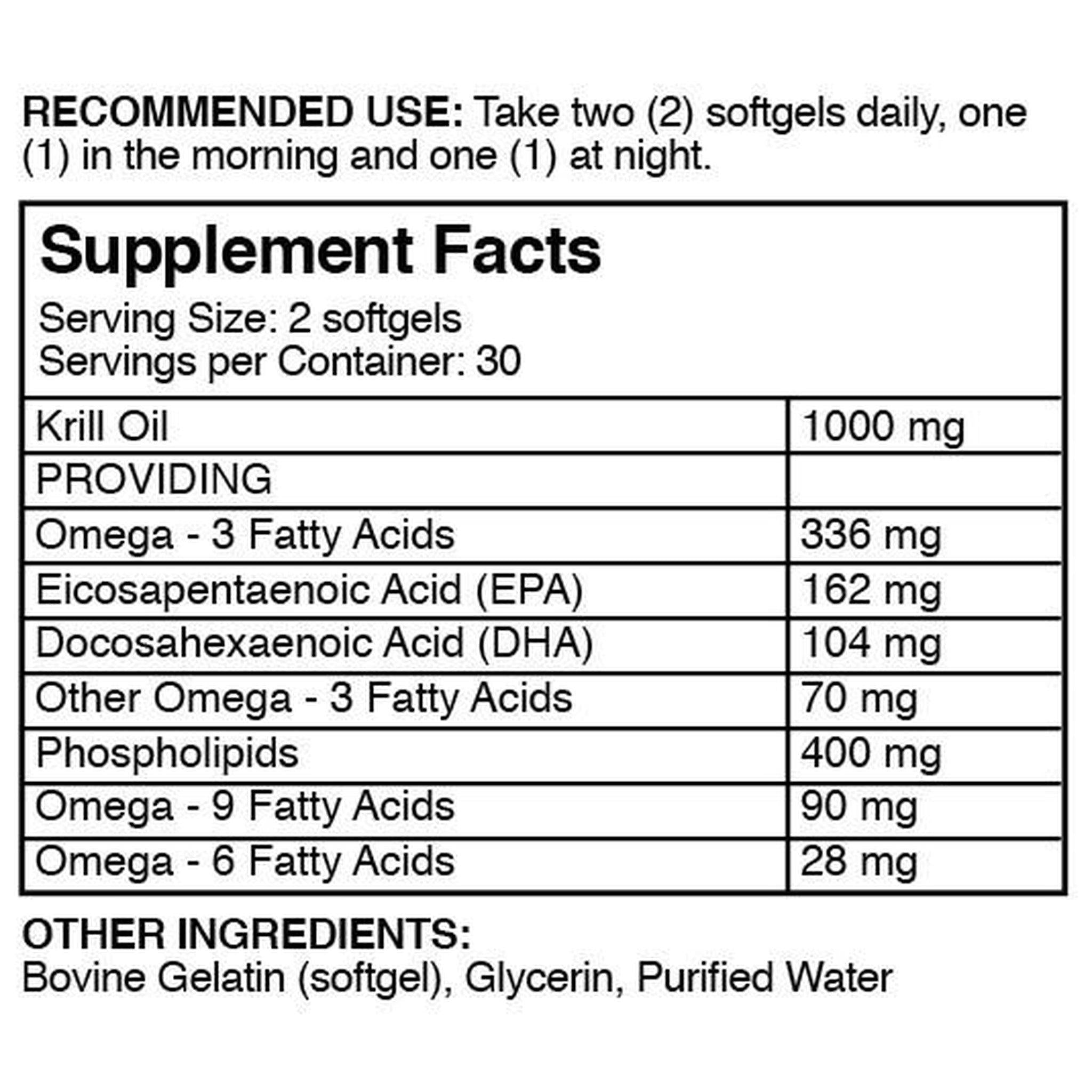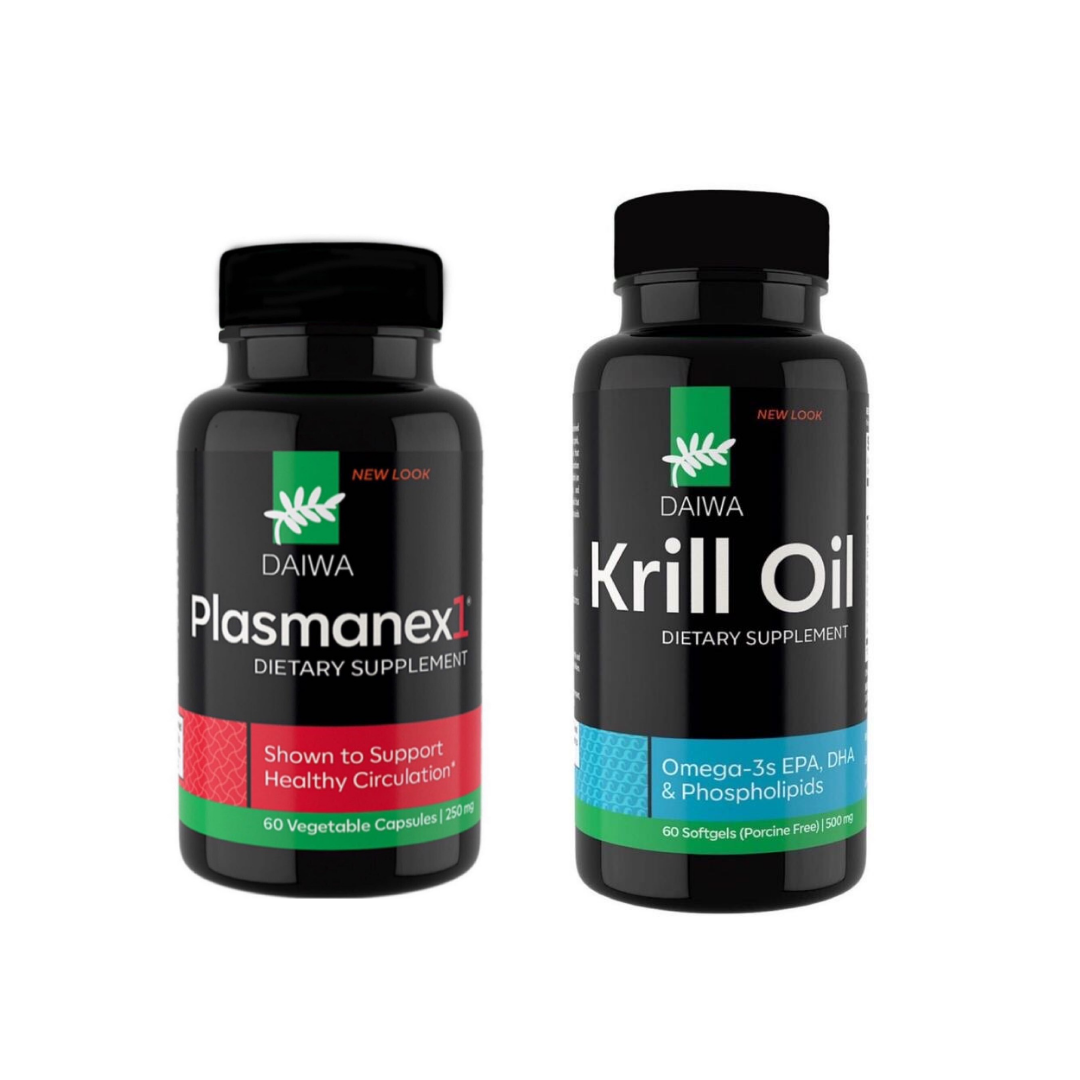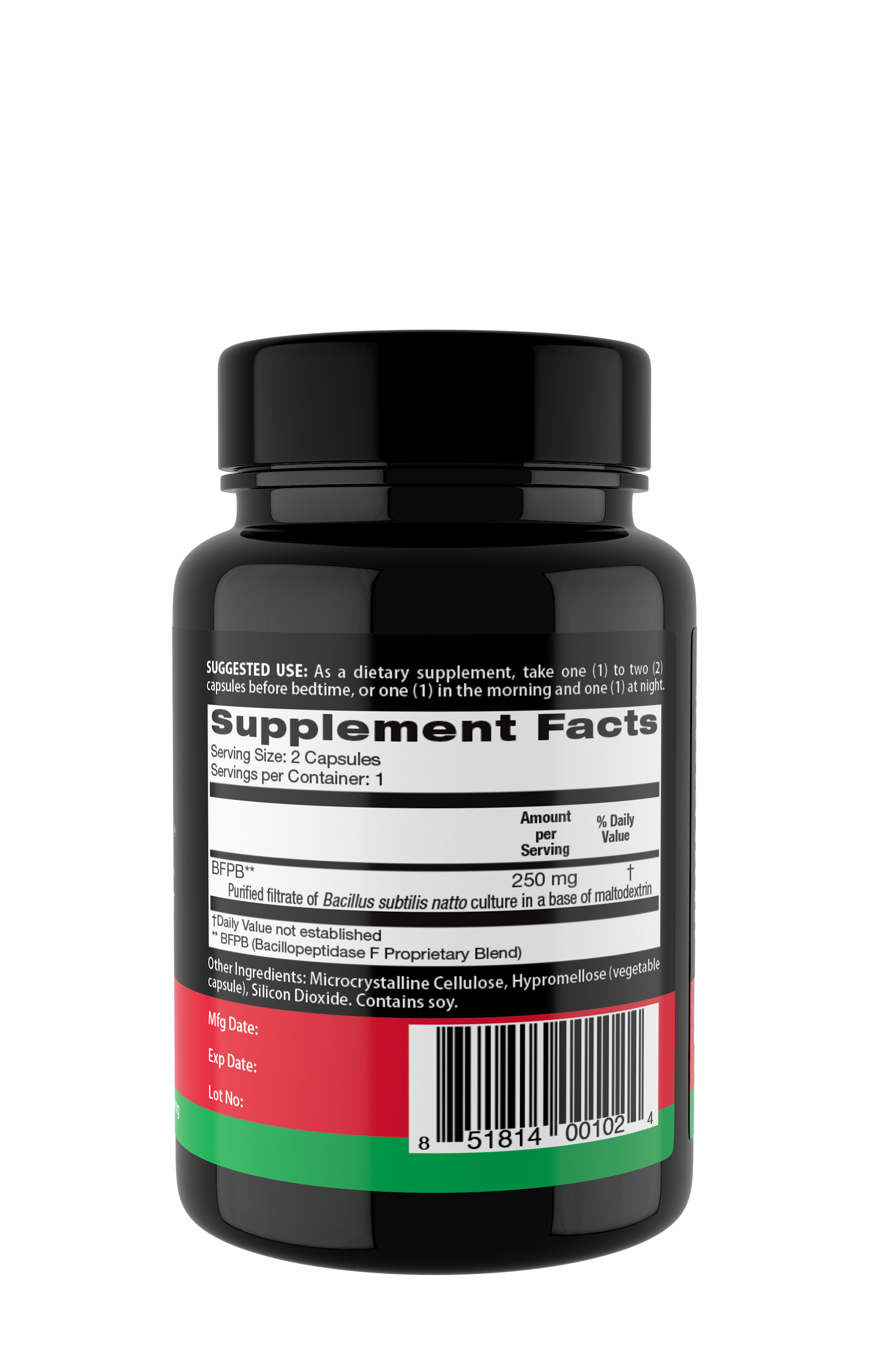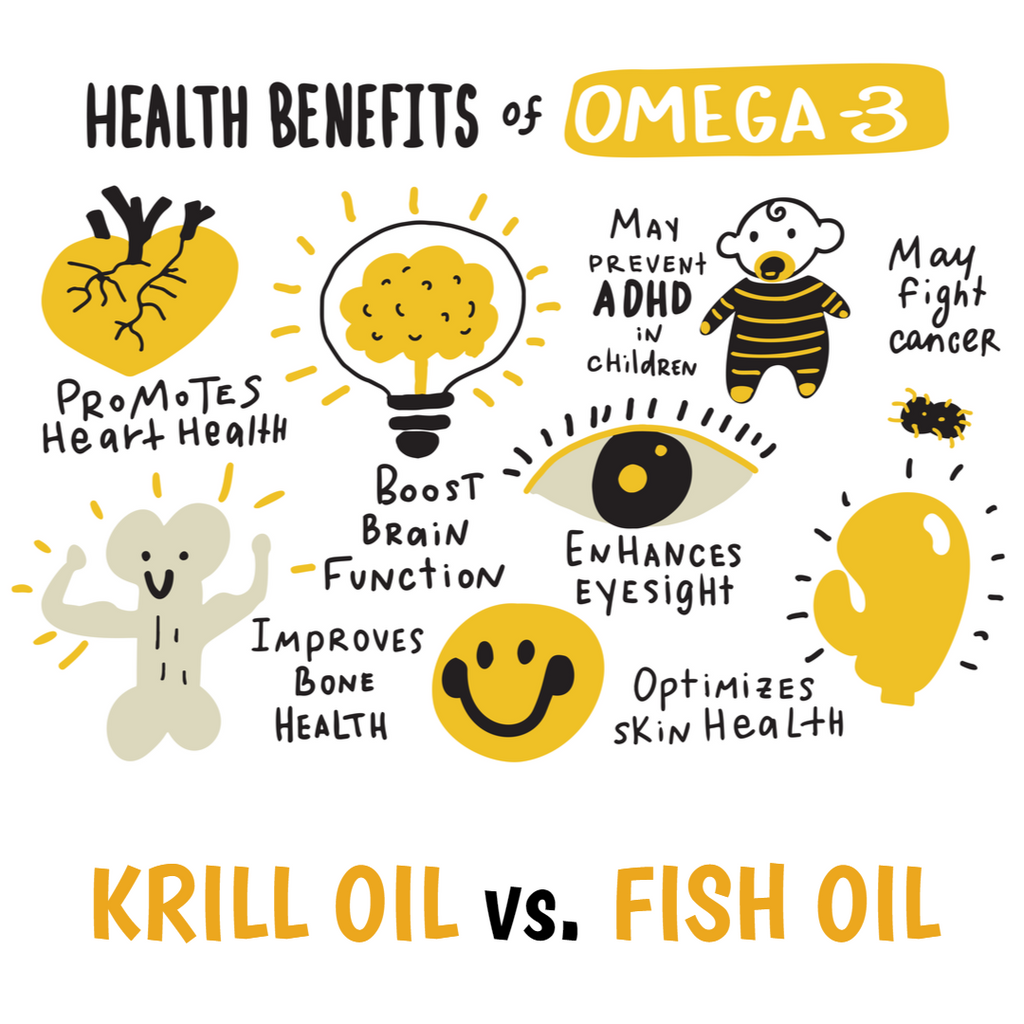
Part 1 - Krill Oil Basics: What You Need to Know

Krill oil is a nutrition supplement, often referred to as a krill oil supplement, that is uniquely formulated to provide you with an adequate source of omega 3 fatty acids, namely eicosapentaenoic acid (EPA) and docosahexaenoic acid (DHA).
Unlike many fish oil products, krill oil supplements are known for lacking a fishy taste, making them more appealing and easier to consume.
Both EPA and DHA are called essential fatty acids because our bodies cannot produce them on our own.
These essential fatty acids are important for cardiovascular protection, digestive, brain (cognitive health), skin, eye, and joint support.
Krill oil's unique composition also includes free fatty acids and long chain fatty acids, which contribute to maintaining skin hydration, supporting the cell membrane, and improving overall lipid metabolism.
In order for us to meet our daily omega-3 fatty acid requirement, we need to consume 2-3 servings of fatty fish per week.
Whether it’s because of food preference or the cost of eating seafood, the bottom line is that most people meet only about one-third of this requirement.
This nutrient depletion may lead to health issues such as heart problems, joint pains, depression, cognitive issues, and inflammation, as well as negatively impact blood lipids, total cholesterol, blood pressure, and cardiovascular risk markers.
Including krill oil as part of your dietary supplements and nutritional supplements routine can help address these deficiencies and support the human body's overall health.
Introduction to Krill Oil
Krill oil is a dietary supplement derived from tiny crustaceans known as krill, which thrive in the cold, pristine waters of the Antarctic.
As a rich source of omega 3 fatty acids—specifically eicosapentaenoic acid (EPA) and docosahexaenoic acid (DHA)—krill oil offers essential nutrients that support a wide range of bodily functions.
Many people turn to krill oil as a fish oil alternative, thanks to its superior absorption and unique health benefits.
Unlike traditional fish oil, the fatty acids in krill oil are bound to phospholipids, which allows your body to absorb them more efficiently.
This greater bioavailability means you get more of the beneficial omega 3 fatty acids where they’re needed most, such as your heart, brain, and joints.
Additionally, krill oil contains astaxanthin, a naturally occurring carotenoid that acts as a powerful antioxidant, further enhancing its appeal for those looking to manage inflammation and to support cardiovascular health.
With its combination of superior absorption and potent antioxidant content, krill oil stands out as a smart choice for anyone seeking to boost their overall well-being.
Key Components of Krill Oil
Krill oil’s impressive health benefits stem from its unique blend of natural components, each playing a vital role in supporting your body:
-
Omega-3 Fatty Acids (EPA and DHA): These essential fatty acids are crucial for maintaining heart health, supporting brain function, and helping to manage inflammation throughout the body. EPA and DHA are more efficiently absorbed from krill oil than from many fish oil supplements, making them especially effective.
-
Phospholipids: Unlike the triglyceride form found in most fish oil, the omega 3 fatty acids in krill oil are bound to phospholipids. This phospholipid form enhances the absorption of EPA and DHA, ensuring these nutrients are readily available for use in your body’s cell membranes, which are vital for healthy cell function and communication.
-
Astaxanthin: Krill oil is naturally rich in astaxanthin, a potent antioxidant that helps protect your cells from oxidative stress and supports immune function. This naturally occurring carotenoid also contributes to the oil’s stability and shelf life.
-
Antarctic Krill Oil: Sourced from the clean, unpolluted waters of Antarctica, antarctic krill oil is known for its purity and sustainability. Sourcing from this pristine environment ensures you’re getting a high-quality oil supplement that’s free from many of the contaminants sometimes found in other marine oils .
Thanks to its unique composition—especially the phospholipid form and high antioxidant content—krill oil stands apart from traditional fish oil supplements, offering enhanced absorption and a broader range of health benefits.
Health Benefits of Krill Oil
Adding krill oil to your daily routine can provide a variety of health benefits, thanks to its rich content of essential fatty acids and powerful antioxidants:
-
Cardiovascular Health: Krill oil has been shown to help lower triglyceride levels, reduce LDL cholesterol, and increase HDL cholesterol, all of which are important markers for cardiovascular health. These effects can support overall heart health.
-
Inflammation Management: The omega 3 fatty acids in krill oil possess strong inflammation management properties. This feature is particularly beneficial for individuals dealing with inflammation control or chronic conditions such as arthritis.
-
Brain and Nervous System Health: DHA, a key fatty acid found in krill oil, is essential for maintaining healthy brain and nervous system function. Regular krill oil supplementation may support cognitive function and help protect against age-related decline.
-
Joint Health: Krill oil’s inflammation management effects can also provide relief for joint pain and stiffness, supporting better mobility and overall joint health.
-
Skin Health: The antioxidant properties of astaxanthin in krill oil help protect the skin from oxidative damage, promoting a healthier, more resilient complexion.
By incorporating krill oil supplementation into your wellness routine, you can take advantage of these wide-ranging health benefits.
As with any nutritional supplement, it’s important to consult your healthcare provider before starting, especially if you are taking medications or have existing health concerns.
Why Krill Oil as a Fish Oil Alternative?
Krill oil and fish oil are both omega-3 fatty acid supplements.
However, the DHA and EPA from krill oil are more bioavailable and are better able to reach the organs where they are needed the most: the heart, brain, eyes, and joints. Omega-3 fatty acids in krill oil are bound to phospholipids that carry these fatty acids in the bloodstream allowing for better absorption.
The chemical structure of krill oil’s phospholipid-bound omega-3s enables more efficient absorption and can bypass the need for bile salts, unlike the triglyceride-bound omega-3s in fish oil.
The amount of omega-3 fatty acids in the tissues is reflected by its amount in the blood and this measurement is called the omega 3 index.
An omega 3 index of 8% and above is ideal while a lower omega 3 index can signify a higher risk for cardiovascular health issues.
Krill oil has a higher omega 3 index compared to fish oil which means that you need less krill oil to deliver the same amount of essential fatty acids to the tissues.
Krill oil also has choline which allows for even better tissue absorption. Choline is also necessary for the production of neurotransmitters which are essential for nerve signaling and muscle function.
In addition to all these, only krill oil has astaxanthin, a natural antioxidant that prolongs the shelf life of krill oil so there is no need for additional preservatives.
The omega 3s from krill oil are bound to phospholipids as opposed to omega 3s derived from fish oil, which are bound to triglycerides.
As a result, the krill oil omega 3s are more bioavailable in the body, and there is no fishy aftertaste or “burp-back” often associated with fish oil.
Choosing a krill oil supplement is also convenient, as it is in an easy-to-swallow soft gel and well-tolerated.
Lastly, the krill from which krill oil is harvested come from the cleanest oceans.
These small, shrimp-like crustaceans are at the bottom of the food chain so there is no build-up of toxins and pesticides compared to larger fish.
Krill oil is thus a better source of omega-3 fatty acids compared to fish oil.
Daiwa krill oil is an example of a high-quality krill oil supplement known for its purity and sustainable sourcing.
Krill oil is available as Daiwa Krill Oil through Daiwa Health Development.
***** These statements have not been evaluated by the Food and Drug Administration. This product is not intended to diagnose, treat, cure, or prevent any disease. Daiwa Health Development does not provide medical advice, diagnosis, or treatment. *****
Krill oil continues to gain popularity among dietary supplements for its superior absorption, purity, and health benefits.
Source:
Repstad, Thomas. “Did You Know That Krill Oil Is More Fish Than Fish Oil?” Superba Krill, 7 Jan. 2019, www.superbakrill.com/blog/did-you-know-that-krill-oil-is-more-fish-than-fish-oil.


